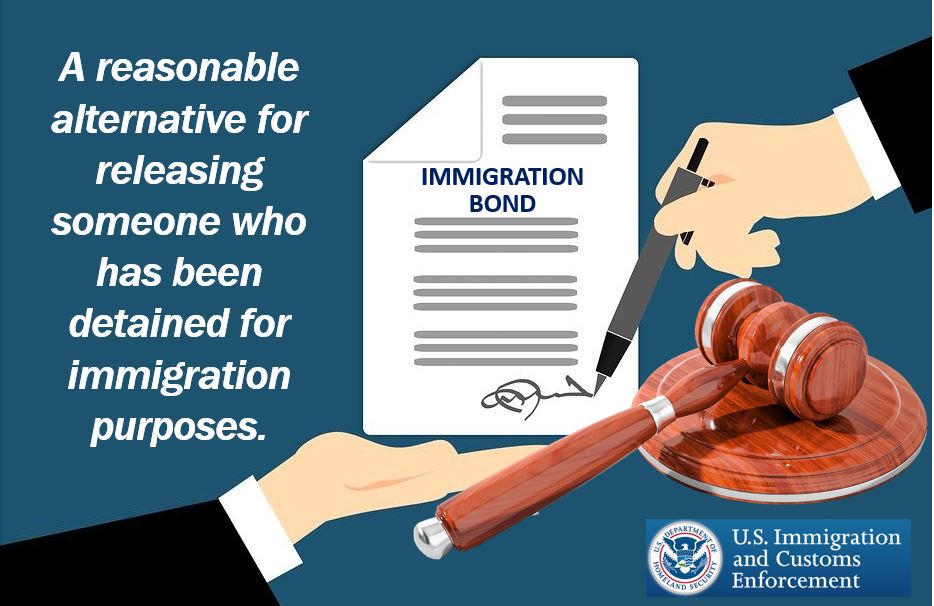Immigrating to the United States is a lengthy process that needs immigrants to undergo numerous steps. Immigrants who fail to follow these processes may be detained and subjected to detention hearings to determine if they pose a national security concern. During an immigrant’s custody proceedings, the federal government holds funds called immigration bonds. Immigrants deposit these sums to ensure that they should appear in court for all court hearings necessary to get American legal citizenship.
If such an immigrant commits a felony or enters the nation unlawfully, immigration bonds are required. This immigrant would then be apprehended by law enforcement agencies and sent to an ICE detention center in the United States while their allegation is processed.

An immigration bond is a reasonable alternative for releasing someone who has been detained for immigration purposes. In most cases, immigration bonds require the services of insurance agents who are properly licensed to manage such bonds. You must realize that receiving bail does not imply that the charges will be dropped. Any attempts you’ve made to achieve legal status or citizenship in the United States will need to be continued.
While the case is being processed, the bail allows customers to view jail with several conditions. You must attend all court sessions and report to immigration officials as needed after being released on bond.
When you are apprehended and arrested by the Bureau of Immigration and Customs Enforcement, you may be forced to publish an Immigration bond, which is a federal bond rather than a state bond. This is not the same as being arrested by the police in your city or by other local authorities. The key distinction is that immigration bonds are issued by the government, whereas other bonds are issued by states, counties, or cities.
How it is posted
If the bond is less than $10,000, only cashier’s checks from a bank or the post office are acceptable, or a bank-certified cashier’s check for just about any bond amount. You could only post a bond with cash, bank cards, traveler’s checks, or direct deposit issued by the bank or a US post office.
A member of the family or acquaintance of the inmate must pay the bond at the local ICE office. It’s possible that you’ll need to schedule an appointment first. Whenever you pay the bond, you should also produce photo identification and verification that you are lawfully staying in the United States.
Consider contacting a reputable immigration bail bonds specialist if you or a loved one has been arrested. Regardless of the ICE facility, your loved ones are being held in, and the knowledgeable agents will do whatever in their power to reunite your family as soon as possible. You can start looking for the best and most credible bond agencies on the web offering services at the most affordable prices. Try searching for agencies with a great track record and years of experience in dealing with cases such as yours.

